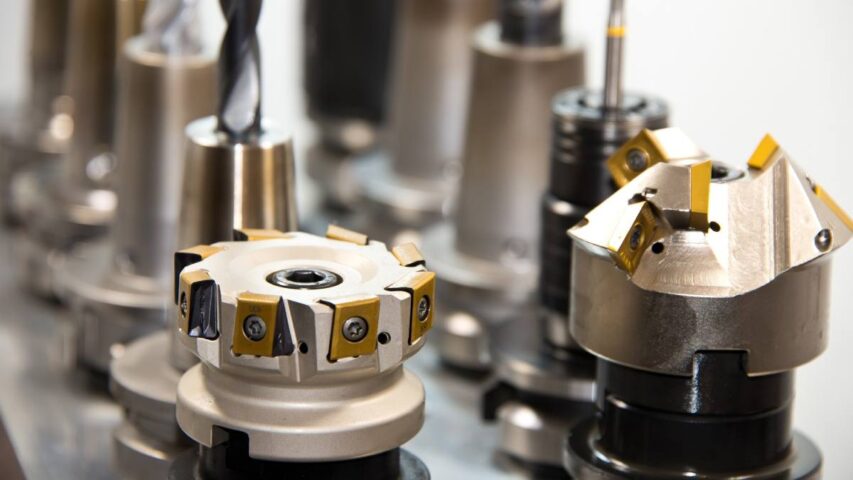Tata Group is nearing the final stages of securing a deal to purchase a major factory from a well-known supplier of Apple Inc. According to a report from Bloomberg, this agreement could be formally concluded as soon as August 2023. Should this endeavor be successful, it would represent a significant milestone, marking the first instance of an Indian company participating in iPhone assembly.

The target of Tata’s acquisition is the Wistron factory, situated in the southern state of Karnataka. This deal is valued at more than $600 million and has been the outcome of nearly a year’s worth of negotiations, as per the report. The Wistron factory is recognized for its production of the iPhone 14 model and presently employs over 10,000 individuals.
Wistron Corp. has pledged to ship iPhones worth $1.8 billion by the end of the fiscal year in March 2024 and plans to triple the factory’s workforce by the following year. The Bloomberg report suggests that Tata Group, upon acquiring the factory, will uphold these commitments.
As a consequence of this acquisition, Wistron Corp’s iPhone manufacturing operations in India will come to an end. The move aligns with the Indian government’s efforts to encourage domestic manufacturing through various programs.

Meanwhile, Apple has been seeking to diversify its iPhone production beyond China, and other South Asian countries have been under consideration. Notably, major Apple suppliers like Foxconn Group and Pegatron Corporation have recently ramped up their production capacities as well. This indicates a broader trend of spreading out production locations for Apple products.
Earlier reports have indicated that Wistron’s decision to sell its iPhone assembly factory in India was driven by difficulties in achieving profitability under Apple’s terms. The company faced challenges in generating profits solely from being an iPhone assembly provider in India, prompting it to refocus on its core IT manufacturing operations in countries like Vietnam and Mexico.
One of the major hurdles for Wistron was negotiating higher margins with Apple, as its relatively smaller size compared to global giants like Foxconn and Pegatron limited its bargaining power. Additionally, Wistron encountered difficulties in effective inventory management, an area where larger suppliers excelled.
The lack of robust systems to assess demand accurately and efficiently ship products to different units further exacerbated Wistron’s struggles.
Due to its smaller size and management issues, the company struggled to effectively address the challenges it faced. Additionally, differences in culture between China and India contributed to Wistron’s difficulty in retaining workers, leading to a high attrition rate at their Kolar facility in India.
Wistron has announced plans to sell its iPhone assembly facility in Kolar to the Tata Group in order to facilitate its restructuring efforts. This sale is expected to increase the current production capacity of iPhones at the Wistron factory, benefiting Tata Group.

It is reported that Wistron has sold its iPhone assembly business in India as part of its strategy to concentrate on its core operations. Interestingly, there are reports that the Tata Group is currently testing the assembly of the upcoming iPhone 15 models in India.
Wistron’s entry into the Indian market began back in 2008 with the establishment of a repair facility for various devices. Later, in 2017, the company expanded its operations and commenced manufacturing iPhones for Apple.


